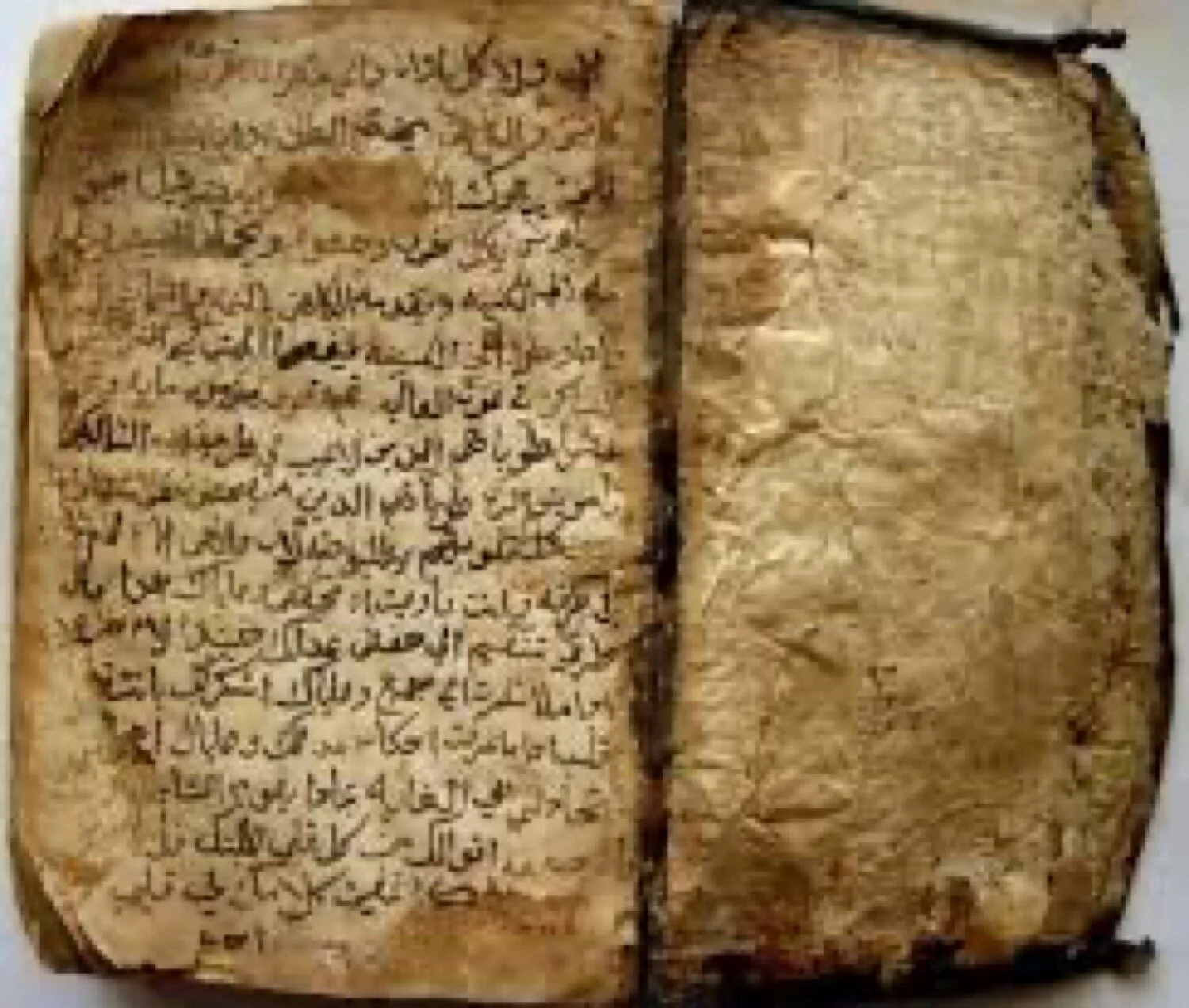Readings for today: Deuteronomy 20-23
Good morning! If you are just joining us…welcome…but what a day to jump in on! All kinds of confusing stuff in today’s reading from Deuteronomy. Holy war. Jihad. The massacre of innocents. Strange regulations regarding unsolved murders and intermarriage with female prisoners. Inheritance rights. What to do with rebellious children. And then a whole string of random laws governing livestock, agriculture, and fashion. Followed by an extended section on sexual immorality and ritual purity. Then another string of random laws governing slavery, banking, and sacred vows. It’s enough to make one’s head spin!
What do we make of it all? Well, first and foremost, we must acknowledge many of these laws are specifically directed at ancient Israel and therefore have no real application for today. They are designed specifically for a cultural context with which we have no familiarity. They may seem barbaric at times and odd at other times but they held real purpose for an ancient people who were just getting started as a nation. However, this doesn’t mean we have nothing to learn from this section of text. God is communicating something about Himself to us through these ancient words. For example, purity. Notice how God restricts the sowing of two different kinds of seed or the mixing of fibers in clothing or forbids cross-dressing. God is clearly concerned with keeping things distinct and orderly and “according to its kind” much like He did in the creation narrative in Genesis 1. Second, holiness. Why does God demand Israel kill everything in the pagan cities they conquer? He’s concerned anyone or anything left over will become a snare for Israel. He’s concerned they will be tempted to worship other gods. He even says as much in Deuteronomy 20:18, “that they may not teach you to do according to all their abominable practices that they have done for their gods, and so you sin against the Lord your God.” This sounds incredible harsh and unyielding and unfair in our ears but God will not tolerate any rivals for our affections. He is serious about the sin of idolatry. And for those who might be tempted to dismiss the Old Testament God in favor of the New Testament God, please remember Jesus’ words about the final judgment. God will separate the believers from the unbelievers. Heaven and hell are eternal realities. God is the same yesterday, today, and forever.
Reading this text today can expose our natural bias. We typically come to the text with a “hermeneutic of suspicion.” Which is to say, we come to the text demanding that it prove itself to us. Prove it’s worth by giving us something to apply to our lives. We have this natural tendency to want to turn the text into a self-help manual. A roadmap to our best life now. We want the text to speak to our cultural moment. We want to “rub” the text like a lamp and treat God like a genie. Instead, texts like the one for today demand something from us. Demand that we take God seriously. Demand that we treat the text on its terms and not our own. It forces us out of our cultural arrogance and chronological snobbery as we come face to face with the holiness of God.
Does that mean it’s all doom and gloom? Does that mean there is nothing here for us to hold onto for hope? Quite the contrary. We just have to keep digging. Keep praying. Keep seeking. Keep searching. Dig down deep enough below the surface regulations and what do we discover about God’s nature and character? He loves His people. Fiercely. Loyally. Stubbornly. He does not want to see them fall into temptation. Our God is a God of reconciliation and forgiveness and atonement even in situations where justice cannot be served because the murderer cannot be found. Our God is a God of mercy and compassion which is why He graciously welcomes those women captured in battle - who in ancient times were often treated brutally - as part of His people. He orders society for the good of all, protecting property and inheritance rights. Protecting the poor from predatory lending and providing for them by allowing them to glean in the fields. He is concerned about the pain and suffering that comes from rampant sexual immorality so He places protections around the sanctity of marriage between a man and a woman. All of this is in the best interest of His chosen people. All of this to set them apart from the rest of the pagan world.
Now consider our current cultural moment. How are we set apart as Christians? How are we acting in alignment with God’s character and nature? Are we acting with love and grace? Are we seeking to build up rather than tear down? Are we spreading the peace of Christ amidst all the fear? Are we taking daily steps of mercy and compassion to those around us who may be in need? Bringing it down to brass tacks…will we share from our abundance with those in need? (Yes, even our beloved toilet paper!) Will we submit to our government and pray for our leaders out of a desire to honor God? Will we resist the temptation that comes during a time like this to give into hate or anger or violence? Are we using this time to build up our marriages and families and to deepen our relationships with those we love?
Readings for tomorrow: Deuteronomy 24-27
